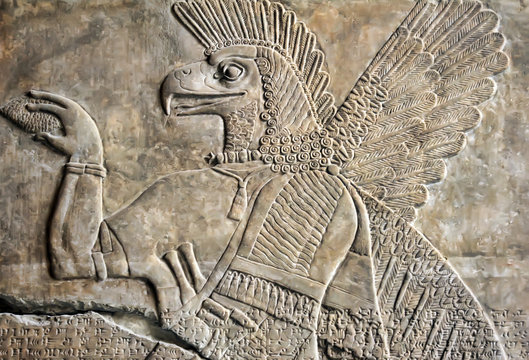Music Through Generations a Timeless Journey of Melody and Evolution” explores music’s evolution from ancient rhythms to modern beats. It shows how music, a universal language, connects and influences people globally. The book uncovers music’s power in reflecting societal changes and the human experience. Combining historical insights, cultural stories, and artistic evolutions, it offers a deep view of music’s impact. This exploration appeals to all, revealing the rich sounds that shape our world and echo across generations.
The Ancient Echoes
The story of music begins in ancient times. Primitive instruments and vocal expressions formed the basics of musical communication. in cultures around the world, music was intertwined with daily life, rituals, and ceremonies. Ancient Greek and Roman music, for instance, were not just forms of entertainment but also means of education and spiritual elevation.

The medieval melodies
Moving into the medieval era marked a significant evolution in music, as it became more structured and sophisticated. The groundbreaking invention of musical notation revolutionized how composers documented, shared, and preserved their compositions. This period is famous for its solemn and harmonious Gregorian chants, reflecting a deep intertwining with religious and spiritual practices. Additionally, troubadours and minstrels emerged, playing a crucial role in cultural dissemination. These traveling musicians were not just entertainers; they served as vital conveyors of stories, news, and historical events through their lyrical narratives and melodies. Their performances played an instrumental role in the oral tradition, spreading tales and cultural heritage across diverse regions.

The Renaissance Harmony :
The Renaissance brought a flowering of arts and music. There was a shift toward more secular themes in music, alongside religious composition. The period saw the development of polyphony, where multiple independent melody lines are played together, enriching the musical texture.
The Modern Melange :
The 20th century, a period of great innovation, experienced unparalleled diversity in music. Initially, genres like jazz, blues, rock, and pop emerged with their distinct styles and cultural backgrounds. Subsequently, the era saw the rise of electronic music, marking a significant shift in the musical domain. Furthermore, the integration of technology in music production emerged as a pivotal development, fundamentally altering how artists create and consume music. As a result, these advancements transformed the musical landscape into a new era.

To conclude, Music through generations is a mirror to human history, reflecting cultural social, and technological changes. it transcends time and place continually evolving while maintaining its core as a universal language of emotion and expressions. As we look to the future, music’s timeless journey promises to continue inspiring and connecting people across the world.
.







